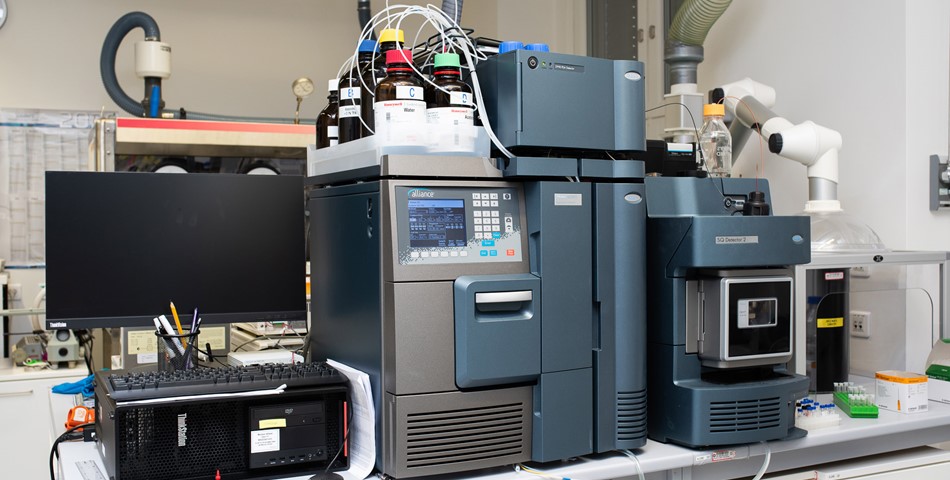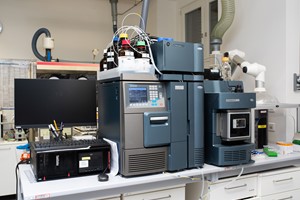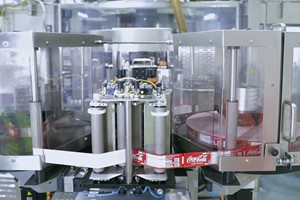In the landscape of food safety, allergen management stands as a critical frontier. With over 50 million Americans affected annually and a doubling trend over the last two decades, the prevalence of food allergies demands rigorous attention from both manufacturers and regulators. In response to mounting concerns, researchers at the University of Stuttgart have pioneered a groundbreaking approach to allergen testing, poised to revolutionize food safety standards.
Traditional methods of allergen testing, such as Enzyme-linked immunosorbent assay (ELISA) and polymerase chain reaction (PCR), though sensitive, have limitations. ELISA, while effective in identifying specific targets, falls short in detecting unknown allergens and is susceptible to alterations in protein structure during food processing. PCR, while sensitive and specific, lacks efficacy for foods with minimal DNA presence. These constraints underscored the need for a more comprehensive solution.
Enter liquid chromatography-mass spectrometry (LC-MS), an innovative method with multiplexing capabilities that enable the detection of multiple allergens in a single run. Spearheaded by Professor Jens Brockmeyer and his team at the University of Stuttgart, LC-MS offers precise separation, identification, and quantification of allergenic peptides, transcending the limitations of conventional testing methods.
The novel workflow developed by the research team consists of three integral components: sample preparation, high-performance liquid chromatography (HPLC) coupled to MS analysis, and advanced data analysis software. By streamlining sample preparation and integrating multiplexing capabilities, this method eliminates the need for multiple tests, significantly expediting the process and enhancing efficiency in food testing laboratories.
Notably, the enhanced visibility provided by LC-MS facilitates the identification of unknown allergens, addressing a significant concern in food safety. With undisclosed allergens accounting for 42% of food product recalls in the U.S. in 2022, the precision and speed of LC-MS offer promising prospects for mitigating risks and ensuring consumer safety.
While challenges remain, including the complexity of sample matrices and implementation in routine testing laboratories, the strides made by Professor Brockmeyer and his team represent a significant step forward in allergen management. As demand for improved regulations and transparency intensifies, innovations in allergen testing hold the key to a safer and more secure food supply chain.
The research at the University of Stuttgart underscores the collaborative effort required to address the pressing challenges in food safety. With continued advancements in technology and regulatory frameworks, the vision of a world where consumers can confidently trust the safety of their food grows ever closer to realization.
foodsafetytech.com - Jens Brockmeyer, Eva-Maria Niehaus














